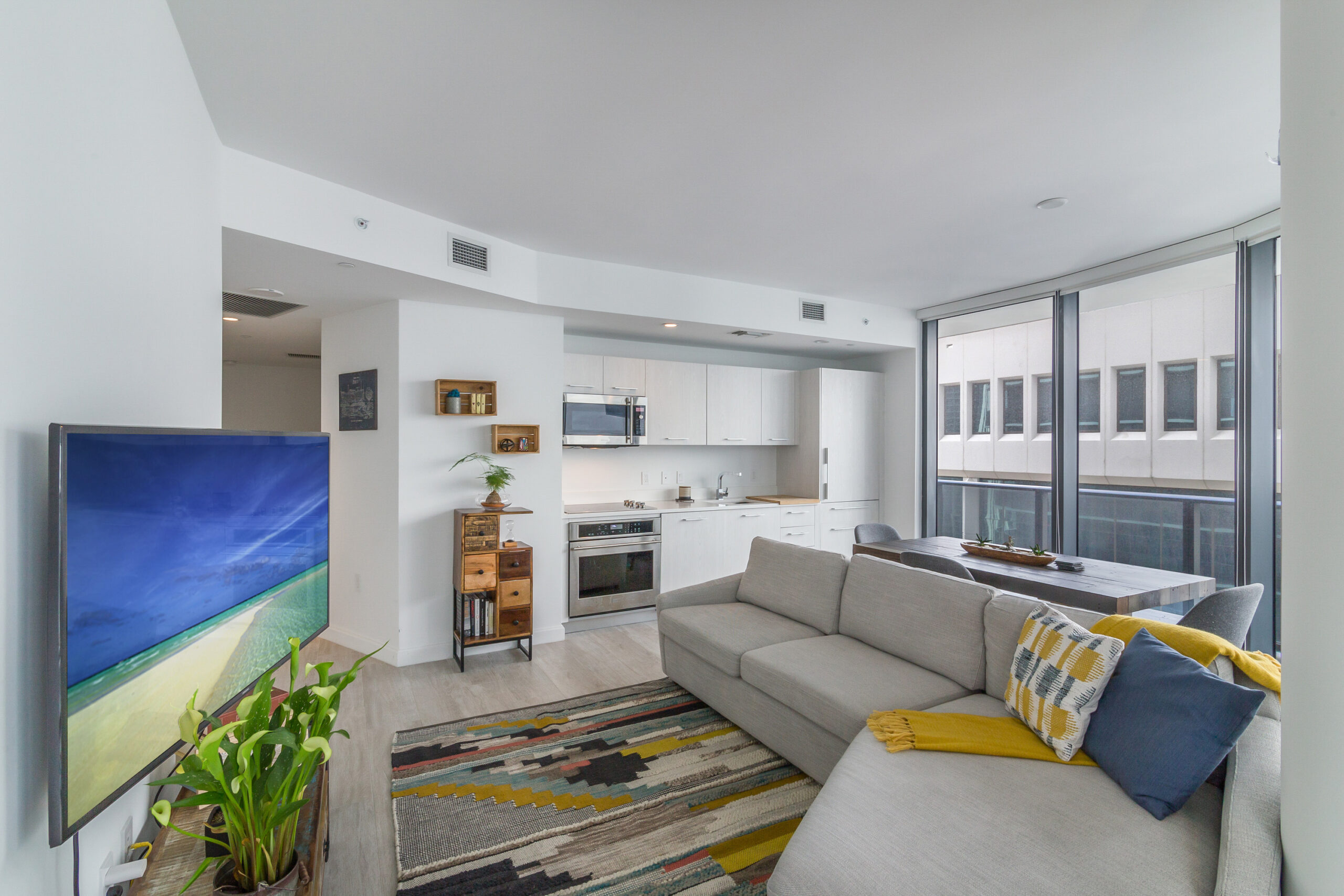6 Financial Moves to Prepare to Buy a Home

So, you want to buy a home, but you’re not quite sure where to start. The first step is to prepare yourself financially. Not only is your financial well being one of the most critical parts of the home buying process, but getting your financial ducks in a row will also expose other areas you need to pay attention to or adjust.
Buy a Home Faster With These Tips
You want your home purchasing process to be fast and streamlined. Here are the six steps you need to take to prepare for homeownership:
1. Review Your Credit Report

A few months before you intend to buy a home, check out your credit report. If you’ve had a history of judgments or late payments, you’ll want to check the report for the first time about six months before the proposed purchase.
Examine the credit report for mistakes, inaccuracies, or red flags you weren’t aware of. Fix them where they exist to improve your chances of homeownership.
2. Be Sure You Have Some Credit
If you don’t have any credit history, you might think that’s a good thing. No credit history means no debt, right? Unfortunately, that’s not altogether true. A mortgage is a large loan, and lenders want to be sure you can pay it back. As such, they’re unlikely to grant a mortgage to anyone without at least two trade lines, or credit histories.
Tradelines can be student loans, car loans, or credit lines with a major credit card company, like Visa. If you don’t have at least two of these things, open a credit line at least six months before you take out a home loan.
3. Don’t Close Existing Credit Lines Before You Buy a Home
If you have lots of old credit cards you never use, but that you’ve had for a long time, resist the urge to close the accounts. The credit bureau uses the age of your credit history as one scoring factor, and old credit lines can help your credit and make it easier to get a mortgage. If you’re worried about fraud, “freeze” the cards, without closing the accounts themselves.
4. Avoid Taking on New Debt

Buying a home can be exciting, and it’s easy to be tempted to run out and buy new furniture or household items. Unfortunately, adding debt to your credit profile just before you close on a home can disqualify your loan. Save big purchases and new credit accounts until after you close on the home.
5. Consolidate Your Down Payment in One Account
As much as you can, start keeping the money for your down payment in one account. This will make the paper trail for where the money came from easier to follow, and help streamline the mortgage process.
6. Pay Down Debt
If you have a debt-to-income ratio of higher than 30%, you’ll want to pay much of it down before you buy a home. This will help you get a better rate and enjoy better loan terms.





